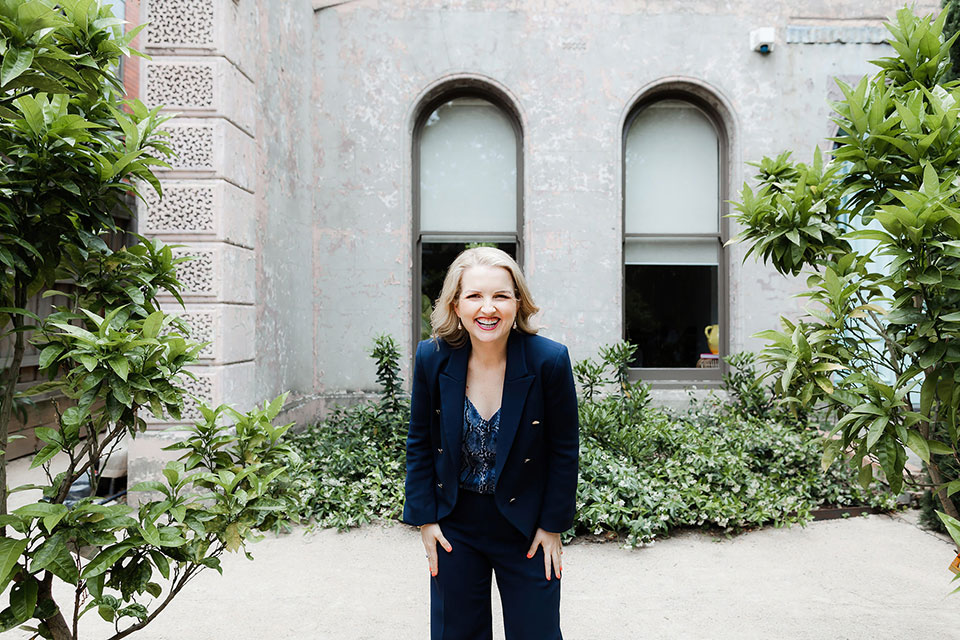The benefits of reverse mentoring and what you can learn from those younger than you

As organisations become more complex, the need for dialogue, understanding and the willingness for leaders to check assumptions and listen to diverse perspectives is essential. One way to do that effectively is through reverse mentoring.
In reverse mentoring the traditional mentee and mentor role is swapped. Senior leaders adopt the mentee role, while younger generations step into the mentor role – sharing their ideas and insights on a range of relevant topics.
It provides a simple yet invaluable way of helping overcome some of the challenges leaders face.
Broadens perspective
It is easy for leaders to get stuck in their ways and to see the traits that landed them in their position as the capability that will carry them forward. However, in a continuously changing world success requires leaders to embrace the notion that successful organisational transformation, requires not just change for those around them, but personal change for themselves.
Harvard Professors, Robert Kegan and Lisa Lahey, who have studied why many crucial organisational change efforts fail, found that one of the core problems is the gap between what is required and the leader’s level of development. In their book, ‘How the way we talk can change the way we work’, they write “…it may be nearly impossible for us to bring about any important change in a system or organisation without changing ourselves (at least somewhat)…”
Reverse mentoring helps to provide that opportunity for leaders to hear different perspectives, to bridge the knowledge gap and deepen their understanding of how younger generations think. That process helps to challenge their assumptions about what is, and what could be.
Deliberately seeking out differences of opinion is critical, because it is a diversity of thought that supports more effective decision making.
Encourages a learning culture
The downfall of many great companies is often traced to the hubris and arrogance of their leaders. Having a fixed mindset, the leaders close themselves off from feedback and feel they have nothing more to learn. They shut down any dissenting opinion, convinced of their infallibility.
A 2011 study by the University of Southern California and London Business School (Power and over confident decision making) found there’s a correlation between over-confidence and how much power a person has. The more power a person feels, the more confident they are of the accuracy of their thoughts and beliefs. As a result, people in powerful positions are more confident that their opinions are right.
Organisational hierarchies are the very definition of power structures. Typically, the further up the leadership totem pole the more power a person has.
By participating in reverse mentoring leaders are placed in a position where their role is to learn, listen and be curious. Consequently, adopting that role may challenge leaders who want to have all the answers and be seen as an expert.
Leadership that is fit for the future is about unlearning, adapting and learning. Leaders need people around them who challenge how they think and consequently, help to disrupt their default thinking patterns. While at an organisational level, creating an environment where learning, at all levels of the organisation, is supported is vital for healthy, adaptive and sustainable progress.
Develops talent
It’s not just the leaders who benefit. The mentor benefits as they gain exposure to other parts of the organisation, build new relationships and learn from observing the senior leader in action. As well, by deepening relationships, it provides new avenues for the younger generation to speak up, have a voice and share their opinion.
In this way, reverse mentoring helps to develop and nurture talent in the organisation.
The wisdom that mentoring brings flows both ways when those involved are open to what arises when they listen and are willing to get curious about what they don’t understand.
Commentary by Michelle Gibbings. Here’s what you’ve missed?
World’s Best Universities.
World’s Best Fashion Schools.
World’s Best Medical Schools.
O’Mega superyacht and TITANIA superyacht available for Luxury Superyacht Charter.
Add CEOWORLD magazine to your Google News feed.
Follow CEOWORLD magazine headlines on: Google News, LinkedIn, Twitter, and Facebook.
Copyright 2024 The CEOWORLD magazine. All rights reserved. This material (and any extract from it) must not be copied, redistributed or placed on any website, without CEOWORLD magazine' prior written consent. For media queries, please contact: info@ceoworld.biz








